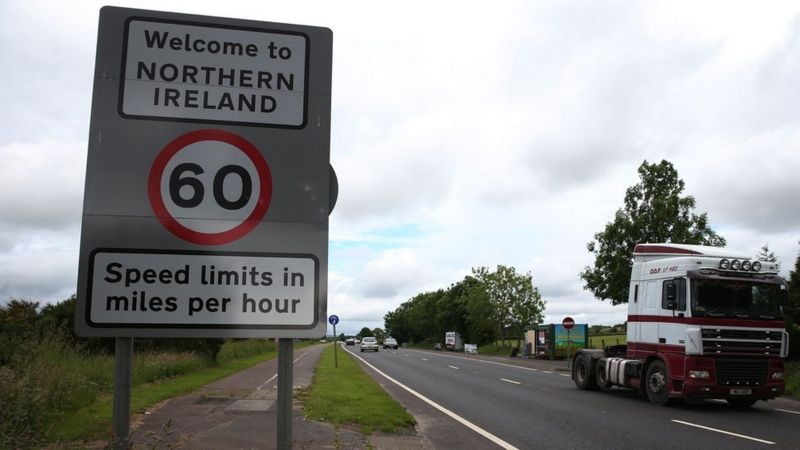The framework was intended to simplify trade, but experts argue it has had the opposite effect.
New government data shows a growing trade crisis between Northern Ireland and the rest of the UK, with experts blaming the Windsor Framework for disrupting established business channels.
According to the latest Office for National Statistics (ONS) business insights, 10.8 percent of UK retailers stopped shipping goods to Northern Ireland entirely in June. Meanwhile, nearly a third (29.6 percent) of companies in the transport and storage sector reported a decline in shipment volumes to the region.
In response, international shipping specialist ParcelHero has published a report attributing the decline to stricter trade rules introduced earlier this year under the Windsor Framework. Their analysis shows that 30.8 percent of retailers shipping to Northern Ireland saw a drop in volumes last month, compared to just 3.5 percent who reported an increase.
The Windsor Framework was negotiated by former prime minister Rishi Sunak. It replaces aspects of the Northern Ireland protocol and introduces a dual-lane system: a ‘green lane’ for goods deemed not at risk of entering the EU single market, and a ‘red lane’ for all others. These lanes apply to goods entering Northern Ireland both from Great Britain and from overseas.
While the framework was intended to simplify trade, experts argue it has had the opposite effect. David Jinks, head of consumer research at ParcelHero, said:
“That all sounds straightforward but, under the changes, parcel carriers were expected to become UK Internal Market Scheme “trusted traders” to facilitate the new regime, and B2B movement of parcels between NI and GB were expected to align with the processes that were already in place for freight. It’s no wonder that some major couriers announced that they now only provide a B2C/C2C service to Northern Ireland and don’t cover B2B movements.”
Jinks added that the new rules are significantly affecting transport and storage firms working with retail and manufacturing clients.
“The ONS survey reported that 94.8% of currently trading transport & storage firms have not moved any goods to Northern Ireland in the last year. Of the small number of transport companies who remain engaged, a superficially encouraging 10% actually reported a rise in volumes in July. However, that was eclipsed by the 43.9% who recorded volumes had stayed the same and the alarming 29.6% who reported a fall in volumes.”
Jinks warned that this downturn may be contributing to falling retail activity in Northern Ireland. The Northern Ireland Retail Consortium reported year-on-year footfall drops of 5.2 percent in June and 3 percent in July, potentially reflecting a reduction in consumer choice due to limited stock availability.
He also noted that Northern Ireland is not alone in facing increased post-Brexit trade complications. ““It’s not only Northern Ireland that has seen significant changes in market access and the way in which exports to the country are handled. Post-Brexit, different regulations and charges are also now in place for shipments to the Republic of Ireland.”
Left Foot Forward doesn’t have the backing of big business or billionaires. We rely on the kind and generous support of ordinary people like you.
You can support hard-hitting journalism that holds the right to account, provides a forum for debate among progressives, and covers the stories the rest of the media ignore. Donate today.




